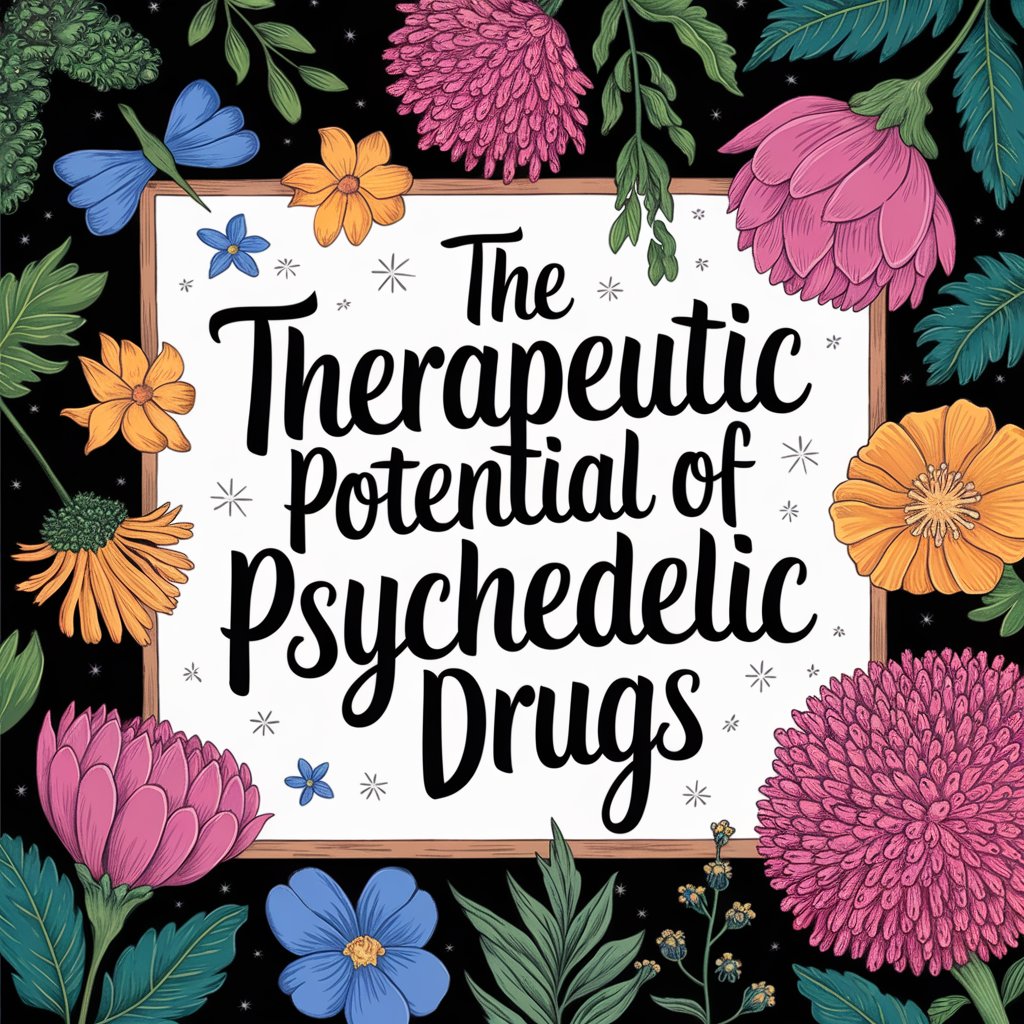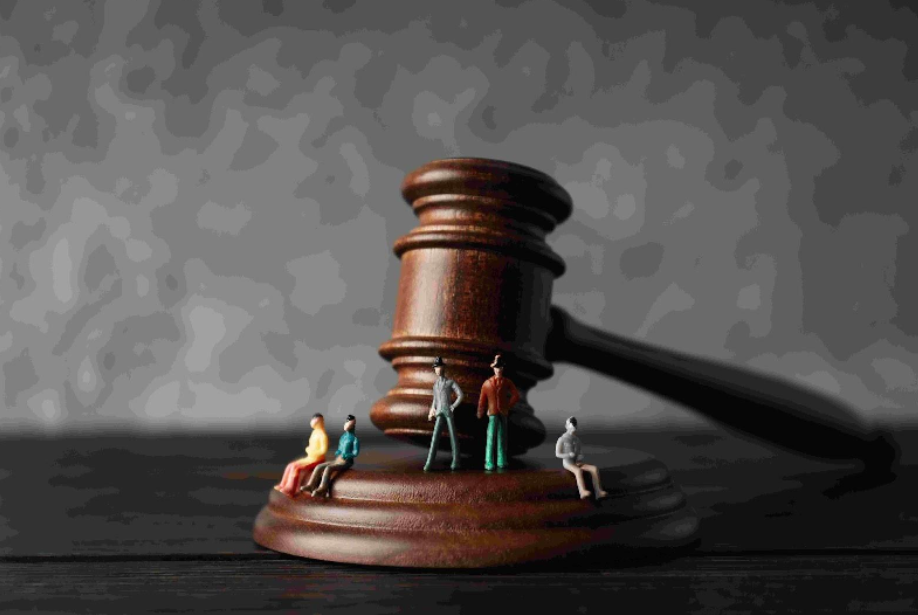The psychedelics are often given an undeserved reputation as risky substances that cause damage to your brain. However, experts at Top Shelf BC suggest they could be incredibly healing when used in a controlled manner. In this article we’ll review groundbreaking studies that have used psychedelics, such as the magic mushroom, LSD as well as MDMA to combat anxiety, depression, PTSD and addiction. The guide will explain how psychedelic treatment is effective, the benefits it offers as well as the risks.
At the end of this course you’ll be able to have a better understanding of psychedelics ‘ role as powerful medicines, not just recreational drugs. Let’s begin.
What Are Psychedelic Drugs?
Psychedelic drugs are a class of psychoactive substances that alter perception, mood, cognition and sensory experiences. They include:
- Psilocybin mushrooms containing the compound psilocybin
- LSD (acid) which induces psychedelic effects by stimulating serotonin receptors
- DMT, a powerful psychedelic chemical in ayahuasca
- Mescaline found in certain cacti like peyote
- MDMA (ecstasy/molly) which raises serotonin and dopamine levels
At high doses, psychedelics induce hallucinations, mystical states and out of body experiences. But at lower doses, they can improve mental health.
Brief History of Psychedelic Therapy
Psychedelic-assisted psychotherapy has been researched since the 1950s. Early studies suggested psychedelics held therapeutic potential.
But in 1970, psychedelics were outlawed, deeming them too dangerous with no medical value. This halted research for decades.
Today, as the mental health crisis soars, scientists are taking another look at psychedelic therapy with promising results. Rigorous studies are underway at top universities like Johns Hopkins and NYU.
How Psychedelic Therapy Works
The typical psychedelic therapy session consists of talks therapy sessions that are accompanied by three or four monitored psychoactive “journeys” in a safe location.
Patients take a small amount of a psychedelic such as Psilocybin, under the supervision of a medical professional. The psychedelic alters the way they think which makes them more receptive to therapeutic suggestions.
Therapists guide and assist patients through the 6-hour psychoactive experience while they reflect and process trauma.
Following each session, therapists assist in integrating information gained from the psychedelic trip into the daily routine and ongoing therapy.
Potential Benefits of Psychedelic-Assisted Therapy
An explosion of recent research indicates psychedelic therapy may provide wide-ranging mental health benefits, including:
- Reducing depression and anxiety
- Increasing optimism and openness
- Lessening PTSD and trauma
- Helping people quit smoking, drinking or using drugs
- Easing existential distress in terminally ill patients
- Enhancing spiritual wellbeing
- Strengthening feelings of connectedness
The benefits arise from psychedelics stimulating serotonin and dopamine receptors and promoting neuroplasticity. More human trials are underway.
Potential Risks and Considerations
Like any powerful medicine, psychedelics carry risks if improperly used, such as:
- Potentially dangerous interactions with medications
- Increased anxiety, confusion or paranoia
- Reliving past traumas
- “Bad trips” causing distress if not properly guided
- Vomiting, nausea, headaches or dizziness
- Long term mental health impact remains unknown
Psychedelic therapy should only be undertaken with trained professionals guiding patients through sessions in a controlled setting. It is not for everyone. Patients must be screened for risks.
Psychedelics are not a cure-all. But early evidence indicates they may powerfully complement psychotherapy to heal many mental health conditions that conventional treatments have failed to address adequately.
More research is still needed on the mechanisms and long term effects. But psychedelic therapy offers hope for millions suffering from psychological distress with few options left.
Conclusion
After decades of prohibition, scientists are taking a fresh look at psychedelic therapy. Early clinical trials show tremendous potential for psychedelics like psilocybin, LSD and MDMA to help treat depression, anxiety, PTSD, addiction and more when carefully administered. While risks exist, the promise is too great to ignore. Psychedelics may transform mental healthcare as we know it.





